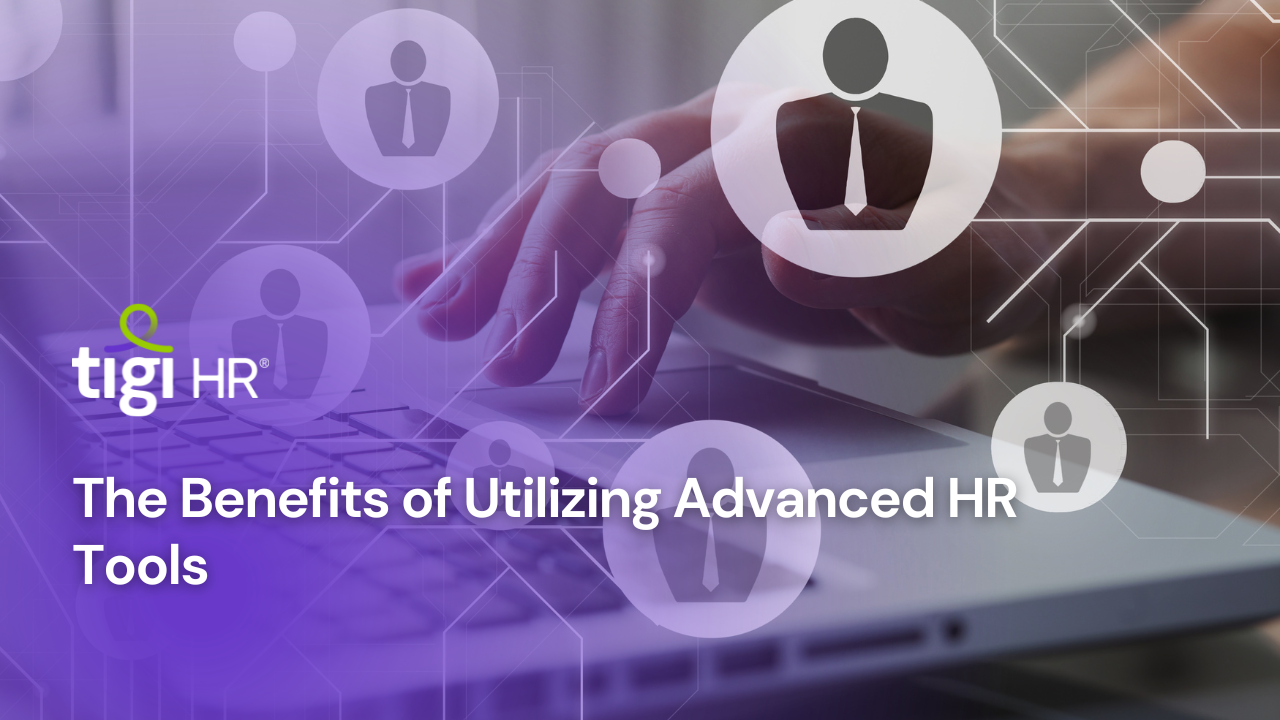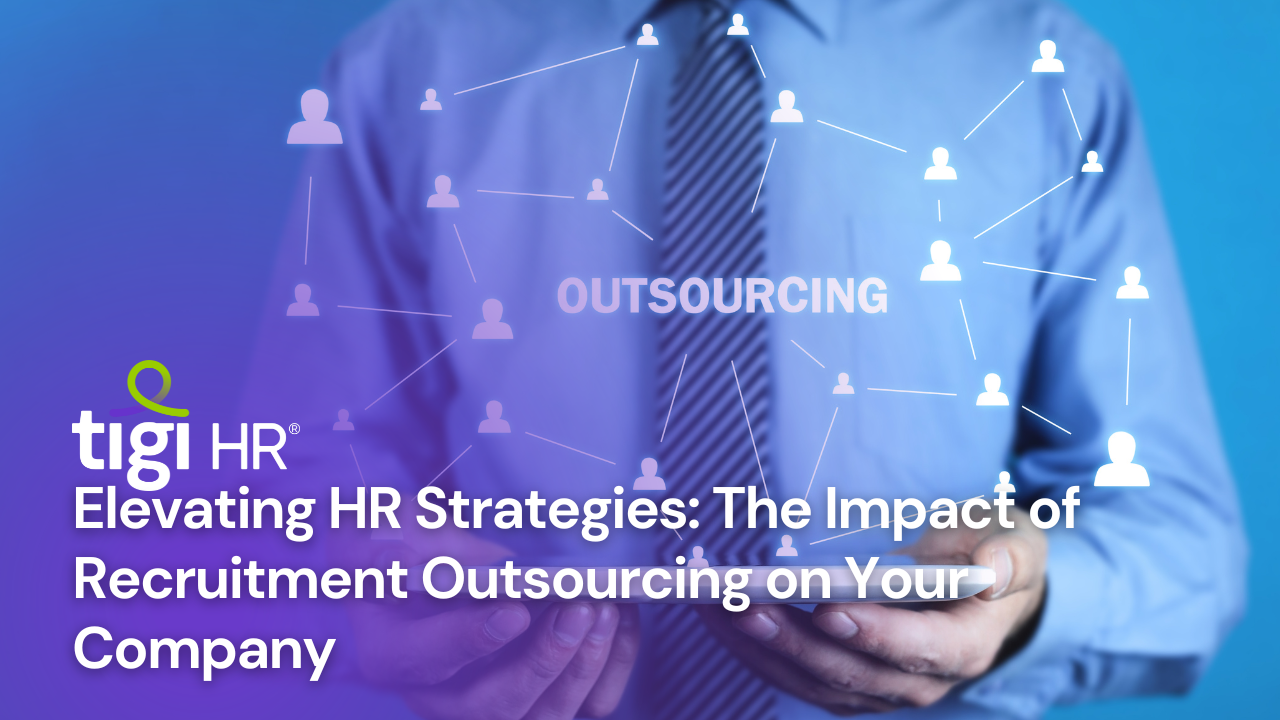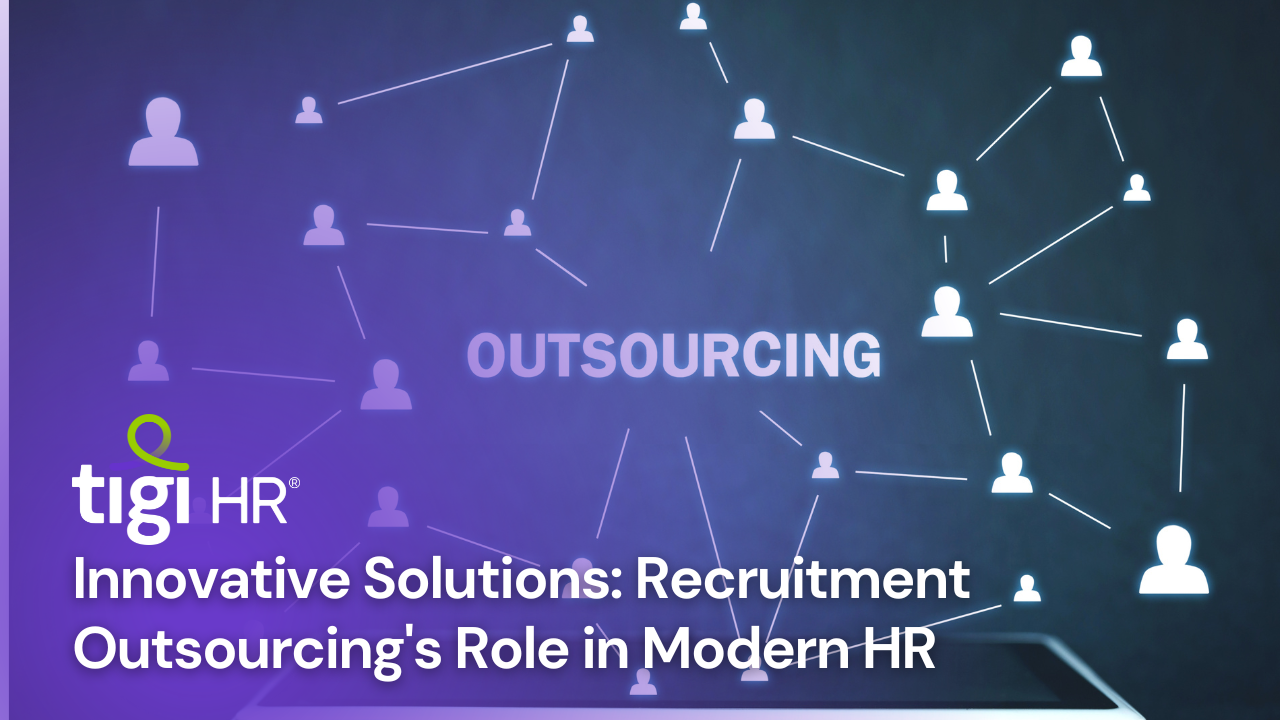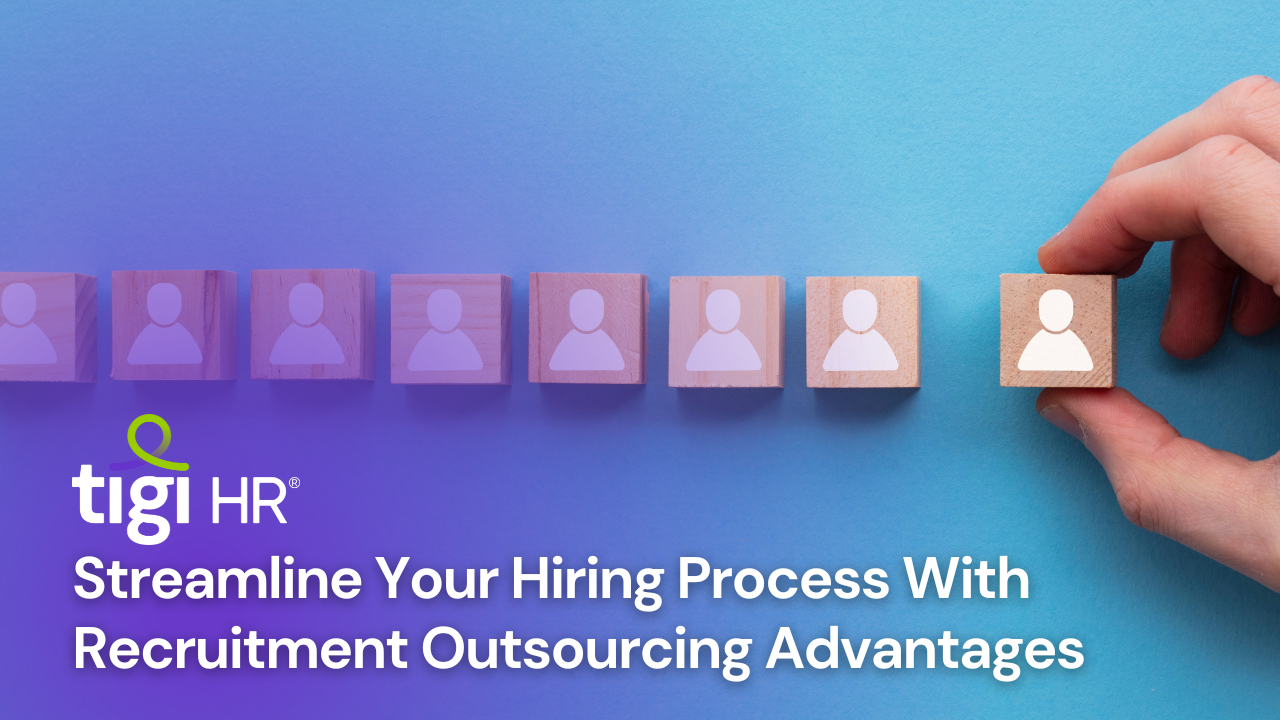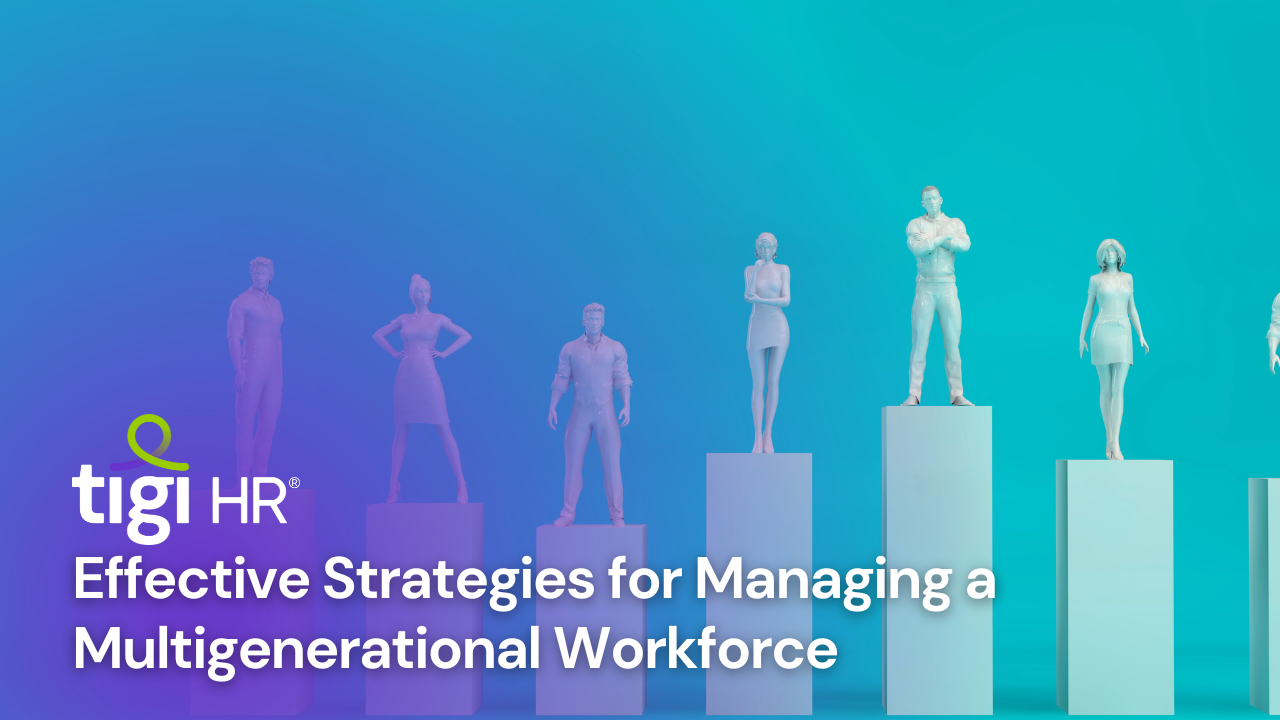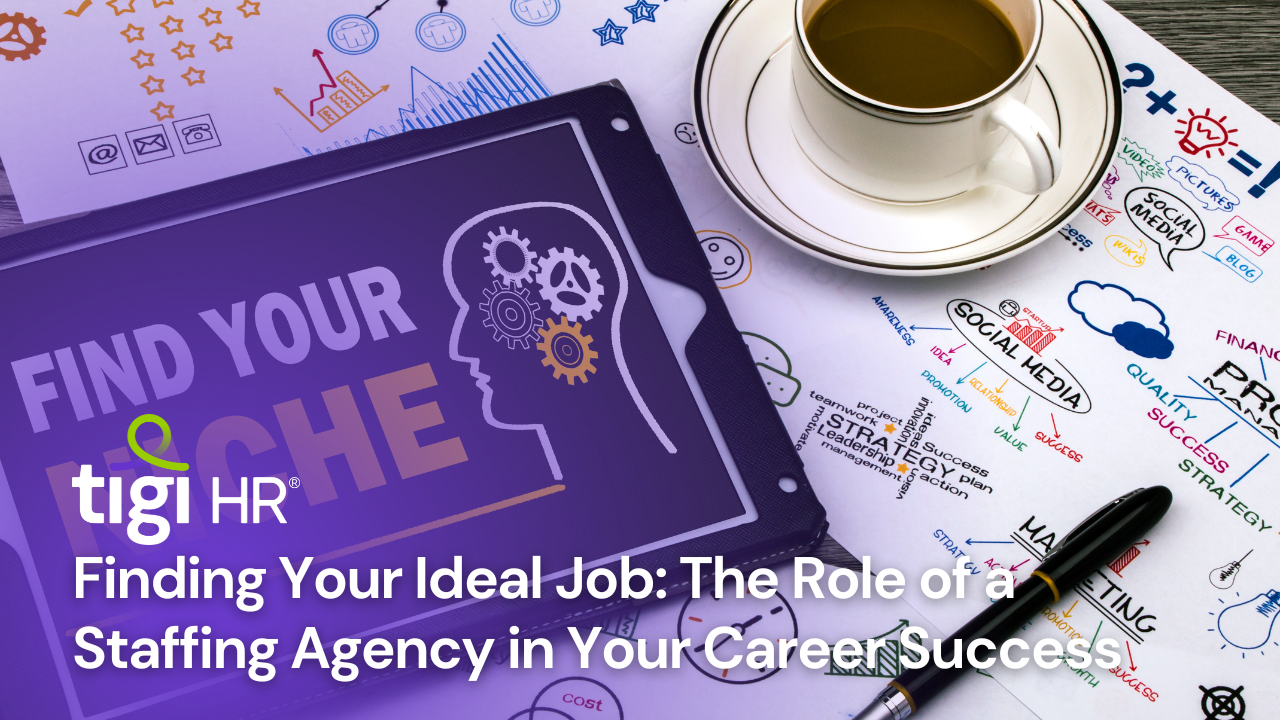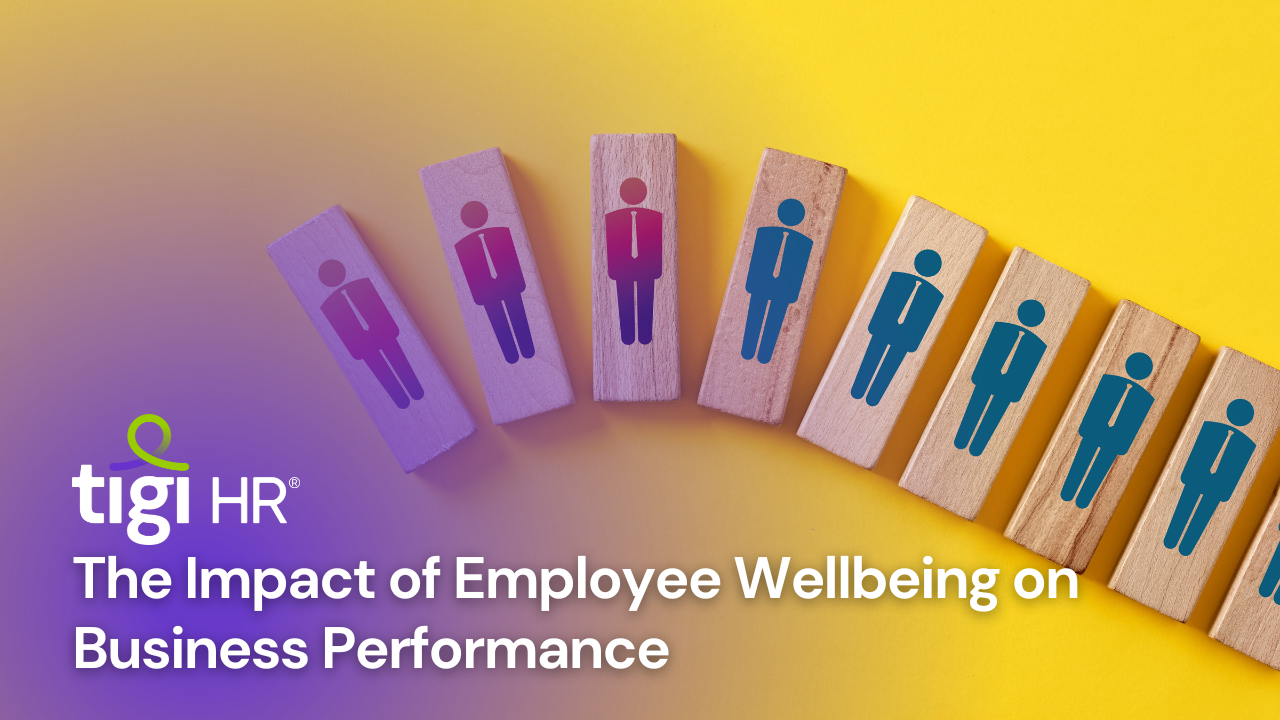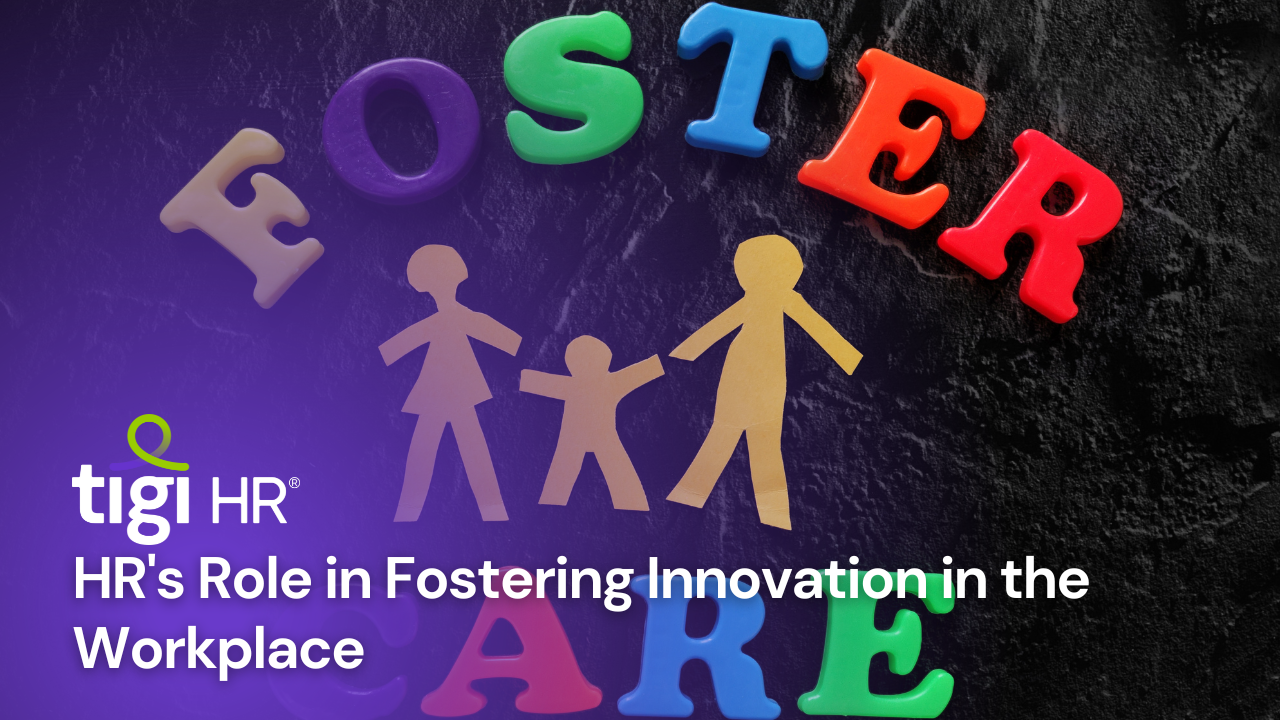In the rapidly evolving realm of modern business, the role of human resources (HR) has undergone a profound transformation. The advent of advanced HR tools has reshaped traditional HR practices, offering a plethora of advantages that transcend mere process optimization. These cutting-edge technologies serve as catalysts for driving efficiency, fostering employee engagement, and propelling organizational success.
One of the most significant advantages of leveraging advanced HR tools lies in their capacity to enhance efficiency and productivity within HR departments. By automating repetitive tasks such as payroll processing, time tracking, and benefits administration, these tools liberate HR professionals from mundane administrative burdens. According to Deloitte, a staggering 86% of HR leaders attest to the significant improvement in overall efficiency facilitated by advanced HR technologies. This newfound efficiency allows HR teams to redirect their focus towards strategic initiatives and value-added tasks, ultimately contributing to the organization’s bottom line.
Data-driven decision-making has become imperative in today’s competitive landscape, and advanced HR tools serve as invaluable assets in this domain. By harnessing the power of data analytics, these tools offer insights into workforce trends, performance metrics, and employee behavior. This data-driven approach enables HR departments to make informed decisions regarding talent acquisition, performance management, and resource allocation. PwC’s study highlighted that 60% of HR leaders utilize analytics to predict and monitor employee performance, showcasing the pivotal role of data in shaping HR strategies.
Moreover, the implementation of advanced HR tools has a profound impact on employee engagement and retention—a critical aspect of organizational success. Employee engagement is not merely a buzzword; it directly correlates with business outcomes. Tools such as pulse surveys, performance management systems, and personalized development programs contribute significantly to fostering a positive work culture. Gallup’s research underscores this, revealing that companies with highly engaged employees experience 21% higher profitability. These tools empower HR professionals to gauge employee sentiment, address concerns proactively, and create an environment conducive to employee growth and satisfaction, thereby reducing turnover rates.
Another realm where advanced HR tools demonstrate their prowess is in recruitment and talent acquisition. The competitive market demands a streamlined and efficient hiring process, and tools like applicant tracking systems (ATS) and AI-powered recruitment platforms offer just that. By leveraging these tools, HR teams can sift through vast pools of applicants, identify top talent, and predict candidate success with greater accuracy. The result? A faster, more effective hiring process that not only saves time but also elevates the quality of new hires, contributing to the organization’s long-term success.
Furthermore, compliance and risk mitigation are critical considerations for any HR department. Advanced HR tools come equipped with features designed to ensure adherence to labor laws, industry regulations, and data protection standards. Automating compliance processes minimizes the risk of errors and non-compliance penalties, providing a robust shield against potential legal repercussions. Gartner forecasts that by 2025, 50% of large enterprises will have dedicated risk professionals overseeing employee compliance, highlighting the growing importance of this aspect within HR management.
In essence, the adoption of advanced HR tools transcends mere technological upgrades; it signifies a strategic shift in the way organizations manage their most valuable asset: their people. These tools not only optimize HR operations but also lay the foundation for a more engaged, productive, and resilient workforce—one that propels businesses towards sustained growth and success in an ever-evolving landscape.


